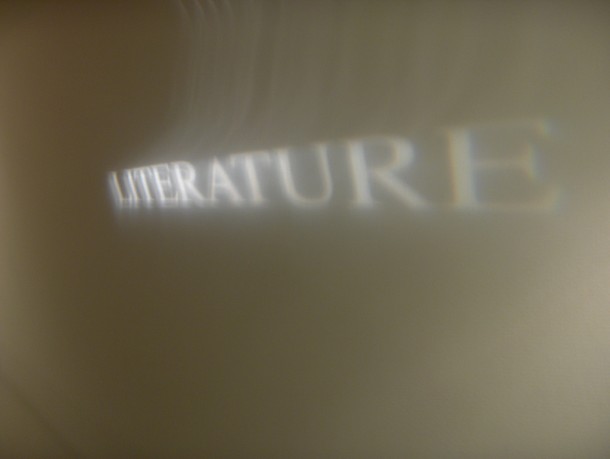I notice a not – so – subtle smirk on the face of the medicine student I am talking to as I tell them what I am studying at university – Journalism and Creative Writing with English. Learning about Shakespeare and how to write engaging dialogue may be very different from learning about the anatomy of the human body, but is it just as important?
As a humanities student I face the endless pestering from science students with regards to my degree and its credibility. ‘But you only have six hours of classes a week?’, ‘all you do is read stories?’. The amount of reading and essays humanities students are required to complete certainly occupies the majority of your week, and studying endless amounts of secondary criticism on the sexual undertones in ‘Frankenstein’ definitely is not easy or fun.
In a world where science and technology are rapidly developing, the value of humanities degrees is questionable today. Should students be encouraged to study more practical and vocational degrees rather than humanities degrees?
What the Humanities Have to Say
Humanities graduate and English tutor, Maddy Kearns told me of her experience in the humanities field:
‘It can almost feel like unless you are studying something that is ‘practical’ in a material sense, or vocational like law or teaching, then you are wasting your time. Scientists themselves can fall into this trap. Stephen Hawking, renowned physicist, recently made the absurd claim that because of science, ‘philosophy is dead’.’
Humanities degrees may not teach students practical, vocational skills; however this does not mean that the skills gained from a humanities degree are unimportant. Maddy stresses this importance of the skills a humanities degree provides:
‘Humanities degrees undoubtedly contribute different things than science degrees. However, both are equally important. Science allows us to better understand the physical world, in which we inhabit, whereas humanities degrees allow us to make the most of this world.’
What About Other Academic Fields?
While those in the field of humanities are obviously defensive of their area of study, does this appreciation for humanities persist amongst academics in other fields? Tony McGrade, lecturer in Law at the University of Strathclyde, Glasgow spoke to me about this. Tony also expressed sentiments that humanities degrees are often undervalued, saying this is due to the fact that they do not have ‘the same practical application as for example engineering, medicine or law.’
However despite this lack of practical application, Tony still felt that humanities degrees are of significant importance:
‘The pursuit of knowledge is an important end in itself, irrespective of the subject studied. Humanities degrees offer students the opportunity to study subjects which may lack direct application, but give them a broader perspective on the world around them. If we fail to value humanities degrees in the way that we value more vocational degrees, we risk creating a society in which students chose not to study these subjects and therefore we lose that broader perspective of the world around us.’
The defence of humanities degrees in other academic fields further shows the value of these degrees. Even those studying more practical or vocational degrees can appreciate a bit of Shakespeare.
Moreover, while I may receive a few sideways glances from science students when I inform them of my area of study, it is clear that the study of humanities is still important today, despite the prevalence of science and technology, in order to preserve our culture. As Maddy succinctly put it:
‘Without the humanities we would have no history, no art, no music, no literature, no theatre, no religion, no politics, no philosophy… if we don’t have humanities degrees we don’t have humanity.’




